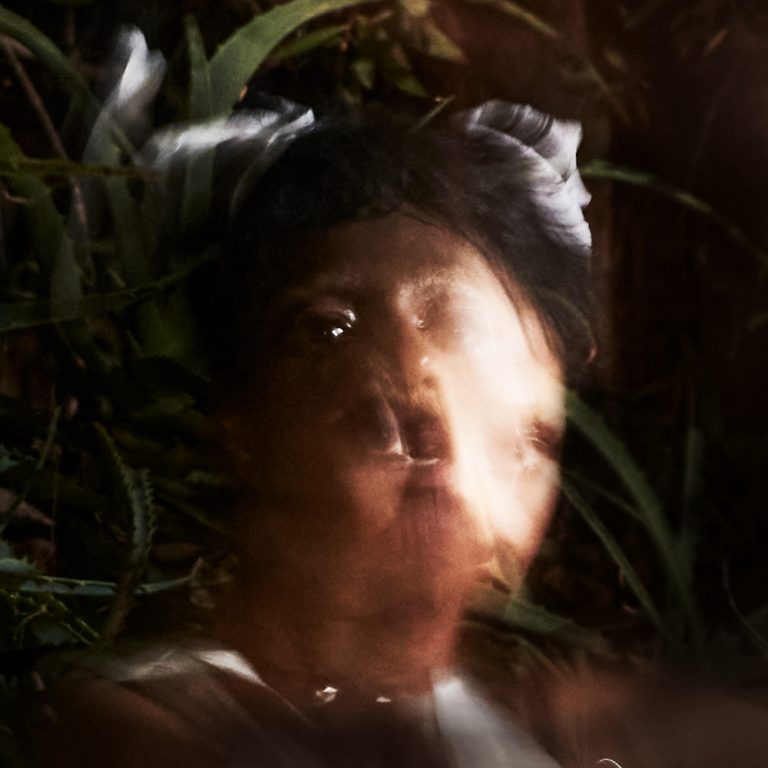When Santi White put out her first album, the then-self-titled Santogold (the ‘o’ would switch to an ‘i’ making Santigold in due course), she was almost instantly compared to a lot of other artists, other people on the cutting edge of genre-blending pop. Chief among them was M.I.A., pop music’s favorite rascal, who, at the time, was in the prime of her career, having put out game-changing albums like Arular and Kala. But there was always something off about the ways in which White was pitted against her peers, as if she wasn’t strong enough to stand on her own. People were drawing on the slimmest of comparisons instead of fully embracing White’s own artistry.
All the way up through her third album, 2016’s 99¢, White has been underrated and underestimated. Her first three records are fusions of pop, punk, funk, R&B, folk, and whatever else she feels like peppering in. They’re sharp, witty, and catchy, buoyed by her expressive and elastic voice. Songs like “Can’t Get Enough of Myself” showcased her sense of humor and effortless cool, while others like “L.E.S. Artistes” and “Big Mouth” signify her ease with a pure pop hook. But then she took a few years off, battling severe writer’s block, going without a release for six years.
Now we have her fourth record, Spirituals. White says the album was written very quickly after that creative impasse, and the album definitely has the feeling of surprise and joy that comes from finally being unshackled by your own shit. But after more than six years since the last proper album (a mixtape came out in 2018, holding us over), it can be a bit hard not to feel a little underwhelmed by this new crop of songs. It’s not that any of them are bad or short on energy or ideas, it’s that it all adds up to feeling a bit undercooked and rushed.
Perhaps some of this is due to Spirituals being her shortest album, barely scraping past 30 minutes. And yet, there are moments of beauty and clarity here. Opener “My Horror” gets things off to an auspicious start, with White’s characteristically rubbery voice hitting a cozy stride, chiming along with the plinking instrumental. Rostam’s co-production credit here is absolutely noticeable, and actually makes you wish the two would do more together. “Nothing” finds White demanding to be seen as “something” but “You keep telling me I’m nothing.” And first single “High Priestess” feels like classic Santigold, with attitude-filled “WHAT?”s in the bridge, and a chorus practically designed for a nighttime, neon-streaked motorcycle ride.
But “High Priestess” was also the first sign that something might be amiss. The song, despite being a standard three-minutes-and-change, felt like it was missing something, some indefinable quality to make it stick, to really make it land. It’s a vibe, as the kids would say, but is that all it is? Further concern was raised with future singles like “Shake” which feels, within the context of the album, like a glorified interlude. It’s got a great groove, but it fizzles out before it really gets going. “The Lasty”, a dramatic slice of balladry, also comes to an abrupt end. It’s that feeling of almost that lingers in the background of many of these songs. There are things to like almost everywhere, but the product as a whole winds up a little meatless.
Not surprisingly, the longer cuts tend to be the stronger ones. Santigold has always had a better grasp on the slower songs than people give her credit for, and that’s only further proven by “Ushers of the World” and “No Paradise”. The former, also co-produced with Rostam, comes across like a sonic cousin to “This Isn’t Our Parade” from Master of My Make-Believe, with a downcast, lamplit mood and melody. And the latter is sprawling, a lost island epic in miniature, with a choir chanting about those who “see no way to shake our power.” There’s a little jungle flair, and White takes her time, which is something some of the other tracks could’ve used more of.
Again, there is nothing unenjoyable about basically any moment of this album. White is a skilled songwriter and has an intriguing way of deploying her intriguing ideas. We’ve seen it before, and we see it here, too. She has said she named the album Spirituals to pay homage to slave spirituals, and how music was a balm then, providing solace while also becoming its own form of secret communication. As it stands, it’s a solid and often a fun listen, with some real highlights and crystalline production, but for such a lofty eponymous allusion, the album winds up shortchanging itself a bit, rarely languishing long enough in its own ideas to land the dizzying punch Santigold has revealed herself to be capable of time and again.

